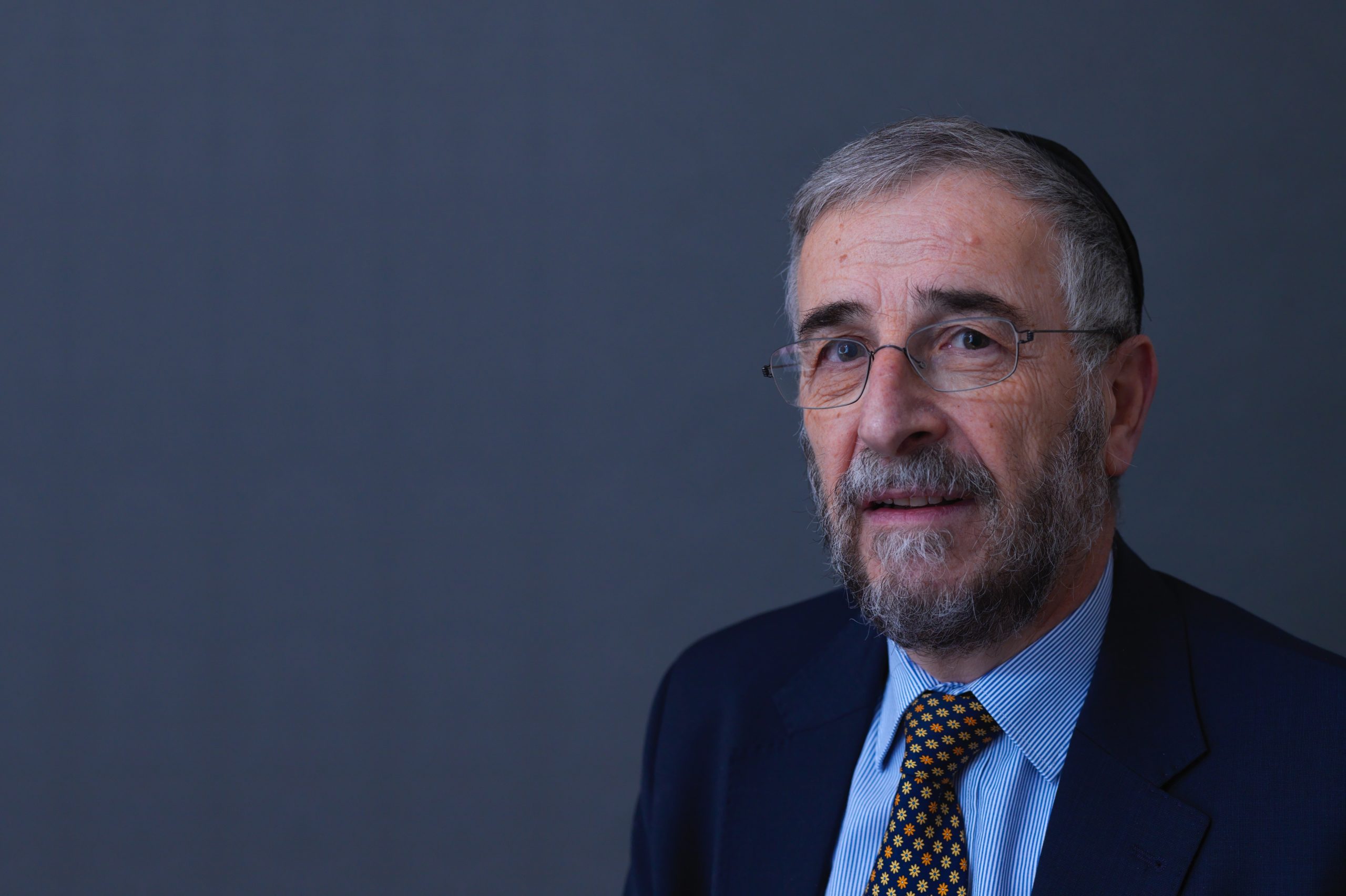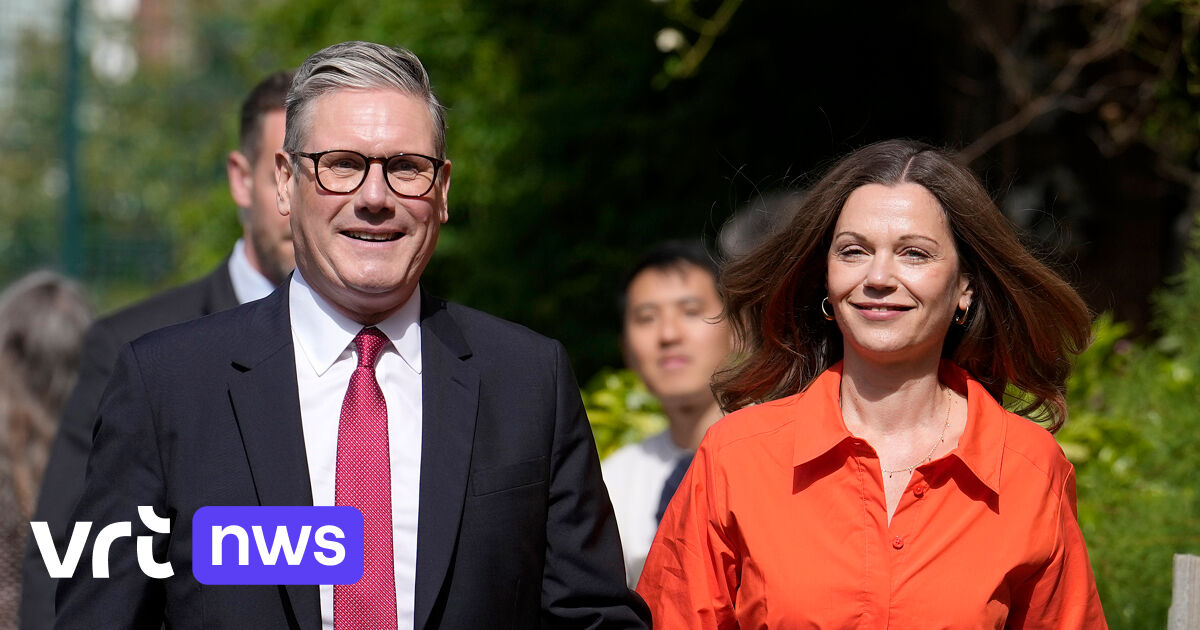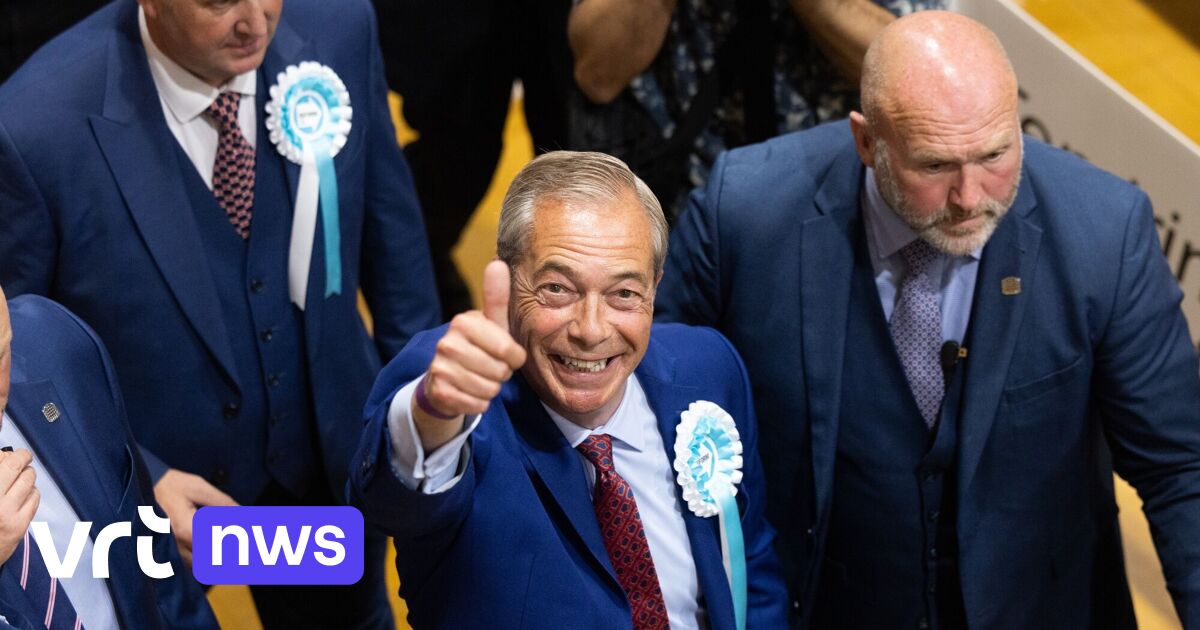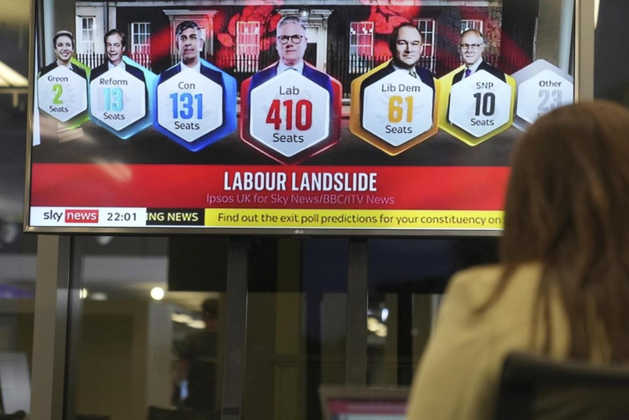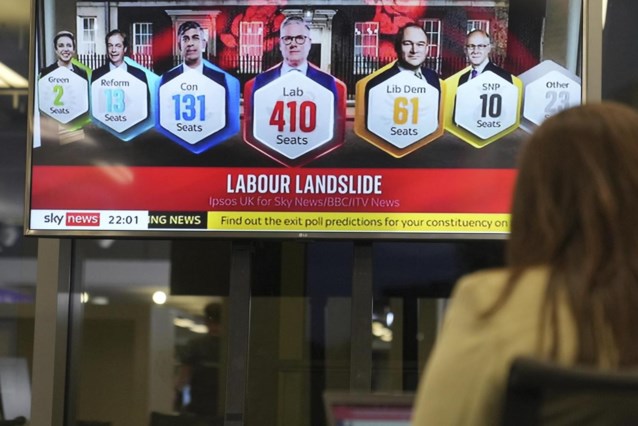In our country, dialogue between religious communities is still in its golden age. The consulting body for Judaism and Christianity, OJEC, has been around for more than forty years. The initiatives of men and women in the first hour, such as Rabbi Rodrigues Pereira, Pastor Simon Schoon, Mrs Marion Kunstenaar and others, continued tenaciously and politely even when the dialogue often turned polarizing.
Fifteen years ago, OJEC got a sister consultation, OJCM. And there are Jews and Christians and Muslims together.
This religious conversation began in 1941 in Great Britain. As Nazi Germany mass murdered Jews, Archbishop William Temple and Britain’s Chief Rabbi Joseph Hertz came together to see how they can bring hope after centuries of religious strife, forced displacement, the Inquisition, ghettos, and now genocide.
Religious conversations are still sometimes difficult. Religious beliefs are very diverse, while for each of the interlocutors it is often about a very deep truth that is inviolable and irreplaceable. With the Bible, Koran and Torah on the table, it is impossible to polder.
But where interpersonal respect is as incomparable as the right to religious equality, the conversation always bears religious fruit.
With OJEC and OJCM, Christians, Muslims and Jews have learned at the table to stand together for common and common interests.
‘The Christian Church can consider itself lucky with Pastor De Reuver’
It was only recently, when there were objections from the Jewish community to the use of anti-Jewish texts in Overijssel’s Roman Catholic Easter celebrations, that the Archdiocese himself took steps to end it. One of the countless fruits.
But those conversations aren’t always easy. A history full of contradictions and struggles is not easily erased on the discussion table. Often we do not understand each other. Sometimes we use statements and expressions that hit the most sensitive tone of the other person at the wrong time.
It’s not uncommon for conversations to be on the cutting edge. On the cutting edge. But never cross it.
Between Christianity and Judaism, of course it’s the denominations that talk to each other. PKN leader René de Reuver recently spoke about the solidarity of the Protestant Church in the Netherlands with Palestinians in and around Israel.
The contents of this statement almost naturally immediately set the agenda for the Judeo-Christian dialogue in our country. Sensitive as the subject is. And indeed, that point treatment is done on the cutting edge.
But, here too, on the cutting edge, but not above it. This is how we as a community of faith treat each other.
Outside the religious community, sometimes people want to engage in religious dialogue. One word unwelcome about Israel, or about the conflict between Palestinians and Jews, and from those circles there are almost merciless accusations as well as verbal abuse.
It also happened to De Reuver. In the secular press, his plea for concern for Palestinians earned him the title ‘hypocrite’. How despicable and utterly unacceptable it is to name the spiritual leader of such a great denomination. Whether one is happy with the position taken or wants to reject it is completely outside the scope of this. The Dutch now know Mr. De Reuver as a religious leader who does exactly what is expected of religious leaders. Talking about the things he thinks as a pastor should be talked about.
For too long, churches and other religious movements have held back when it comes to social, political or educational involvement in our contemporary society. With Pastor De Reuver, the Christian Church can count itself lucky to have someone in its ranks speaking out. About all kinds of things.
With non-religious polarizing chuckles about a respected church leader who has nothing to do with dialogue, a lot of damage can be done to conversations between different faith communities. Here too, polarization can cause each group to withdraw into its own religious shell, where it is at least safe and unspoiled by the abuse of vulgar accusations.
Dialogue between Jews and Christians, initiated by an English archbishop and chief rabbi, began in 1941 on a shaky note. But over the years, thanks in part to the participation of the Islamic community, it has developed into a powerful and undeniable conversation piece, even in our country. However strong, outside polarization can destroy it. As is polarization within other segments of society.
And if we disagree with each other’s mutual statements, we know how to find each other at the dialogue table so that believers do not lose sight of each other. On the cutting edge, never on it.

“Hipster-friendly creator. Music guru. Proud student. Bacon buff. Avid web lover. Social media specialist. Gamer.”

